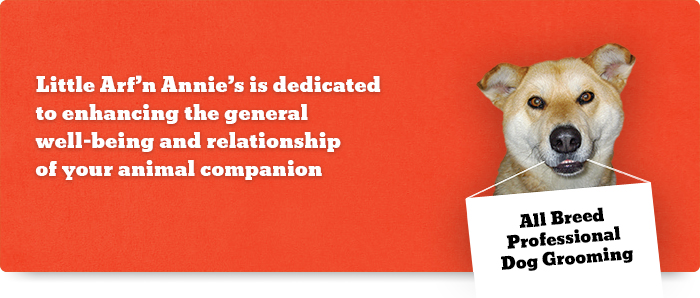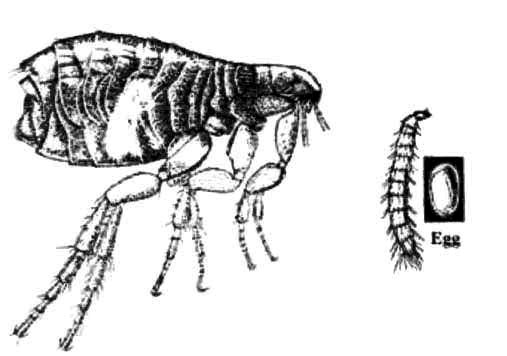Fleas
 Tuesday, May 18, 2010 at 9:03PM
Tuesday, May 18, 2010 at 9:03PM Identification & Life Cycles
Fleas are 1/8’ long, dark reddish brown, wingless, hard-bodied and have 3 pairs of legs which allow easy movement between the hair, fur or feathers of its host. They are excellent jumpers, leaping vertically up to 7” and horizontally up to 13”.
Fleas pass through a complete life cycle consisting of egg, larva, pupa and adult. After a blood meal, a female flea will lay about 20 eggs per day. Eggs loosely laid in the hair coat drop out most anywhere especially where the host rests (carpets, rugs, furniture, kennels, sand, gravel, grass, baseboards, and floor cracks). Eggs hatch in 2-14 days into larvae. Most fleas winter in the larva or pupa stage with survival and growth best during warm, moist winters and spring. Newly emerged fleas live only about 1 week if a blood meal is not obtained. Your pet can pick up fleas anywhere (other animals, walking paths frequented by other animals, camping, dog parks, pet shops, grooming shops and day cares etc…).
Flea Control
Flea control is best achieved with a simultaneous, coordinated effort involving strict sanitation, pet treatment and premise treatment.
- Locate heavily infested areas and concentrate efforts on these areas.
- Vacuum furniture and carpets. Remove and vacuum under cushions and in cracks and crevices of furniture. Vacuum under furniture and all base boards.
- Wash all bedding and blankets in hot water and soap.
- Premise spray all carpets and furniture. Once the spray has dried to recommendations then vacuum again to kill adult fleas. You can buy premise spray at a pet store or your veterinarian.
- Continue to vacuum for 10-14 days to kill any newly emerged fleas.
- Contact your veterinarian for the best treatment for your pet(s). Advantage and Revolution spot treatments work well. You may choose to flea bath your pet every 7 days for 3-4 treatments with a shampoo that is designed to kill fleas.
- CATS-talk to your veterinarian before using any treatments on cats because some can be harmful.

